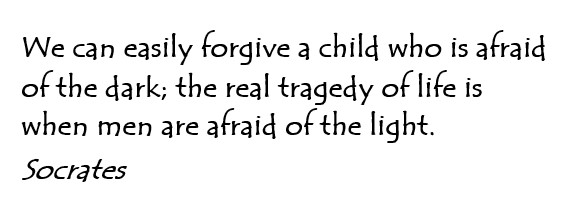07 Mar What would Socrates say about trigger warnings in class?

A recent article in the Wall Street Journal by Emily Borrow, “Do Trigger Warnings Help or Hurt Students?” caused me to wonder, what would the Greek philosopher Socrates say on the subject? After all, the Socratic method of teaching has been used effectively for centuries, endorsed by countless academics advocating the teaching of critical thinking, and illustrated very ably by actor John Houseman in the very popular 1973 movie, “The Paper Chase.” It is intended to be an interactive and experiential dialogue between teacher and students, guided by the teacher in a continual effort to explore the underlying beliefs that shape the students’ views and opinions. How can any student possibly explore the efficacy of one’s own belief system if they are constantly being prevented from hearing anything resembling a controversial thought?
Students need to be actively encouraged to question their own beliefs, and the assumptions and values upon which they are built. The classroom should present a safe atmosphere of creative dissonance where students learn new ways of perceiving the world around them. Trigger warnings seem only an effort to preserve the status quo and teach to the lowest common denominator, without the opportunity to broaden one’s perspective.
As a former college dean, and now a therapist in private practice, I am very much an advocate of the absolute necessity for learning coping skills. I once worked with a family raising two teenagers with extreme anxiety issues. The parents clearly stated, to me, that their whole intent in raising their children was “to prevent them from ever experiencing any stress.” Think about that. If you are raised in an environment without the exposure to any stress whatsoever, how in the world could you cope with the world today…if in fact you ever left home? God help the generation that is raised in such a protective cocoon.
I understand the desire to protect our children from extreme emotional situations, but to purposely try to eliminate any stress whatsoever from a child’s life is hopelessly unrealistic. It fails to prepare them for navigating their own way through life and, in my opinion, sets them up for failure.



No Comments